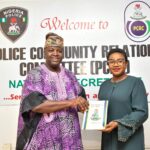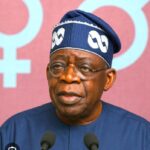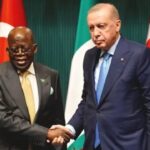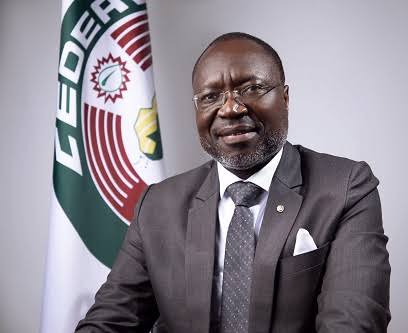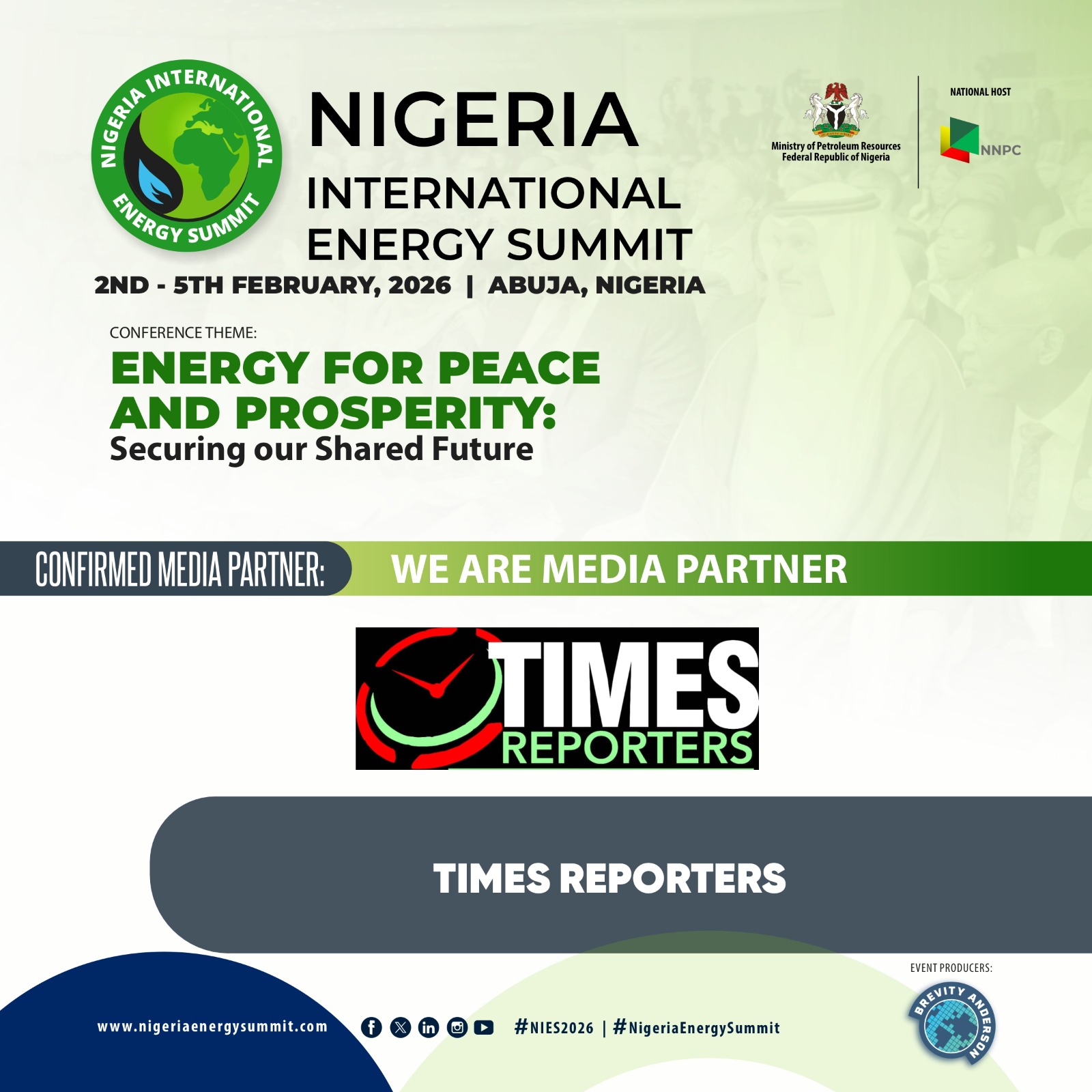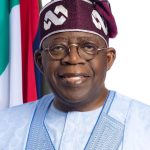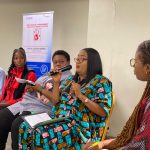By Linus Aleke, Abuja
The President of ECOWAS Commission, Dr. Omar Alieu Touray, has alleged that military junta, in Guinea, Mali, Burkina Faso, and Niger are frustrating the development effort of ECOWAS, by refusing to remit Community Levy, to stimulate and enhance development in the subregion, blaming their deviant action on imposition of sanction by ECOWAS.
Dr. Touray, expressed this frustration, while addressing the audience, at the 64th Ordinary Session of the ECOWAS Authority of Heads of State and Government, holding in Abuja, Nigeria.
The President of the Commission, said: “Allow me to highlight the situation of the Community Levy, which is the lifeline of the community institutions and integration programmes. As you would recall, a levy of 0.5% on imports from outside the Community is being collected by Member States on behalf of ECOWAS. However, for some time now access to these funds have been a challenge. This has led to low resource mobilization.The situation is more critical now that our Member States under sanctions have stopped remitting the levy.
“As the financial situation gets more difficult, the tasks for ECOWAS are growing. I have been compelled to bring this matter to your attention because we have the community’s action plan against terrorism to implement; peacekeeping missions to sustain; vital integration programmes to finance, transitions in member states under military rule to support, and various socio-economic and humanitarian problems to tackle”.
Dr. Touray also, expressed optimism that the authority will give full support to ECOWAS’s efforts to access funds that the national customs authorities have collected on behalf of the Community.
The President of Nigeria, and Chair of the Authority of Heads of State and Government, Sen. Bola Ahmed Tinubu, said that the sanctions on countries under military administration is sacrosanct.
He noted that while, the imposition of punitive sanctions may pose challenges, it is important to underscore that the struggle to protect the fundamental liberties of Community Citizens must be upheld and respected.
To this end, he reiterated the imperative of re-engaging with the countries under military rule on the basis of realistic and short transition plans that can deliver democracy and good governance.
He said: “On our part, we should be prepared to provide them with technical and material support, to ensure the achievement of these strategic goals.Let me also underscore the need for us, as leaders, to prioritize good governance for our people, as it serves as a catalyst for socio-economic transformation and development. The delivery of good governance is not just a fundamental commitment; it is also an avenue to address the concerns of our citizen, such as improved quality of life and a stable environment conducive to the achievement of sustainable development. By providing good governance that tackles the challenges of poverty, inequality and other concerns of the people, we would have succeeded in addressing some of the root causes of military intervention in civilian processes in our region”.
He also tasked ECOWAS leaders to review some development in the sub-region including the move by some of members under Military rule to float an Alliance of Sahel States.
This phantom, push back-alliance, President Tinubu said, appears intended to divert attention from their mutual quest for democracy and good governance that will impact the life of their people.
“We refused to be detracted from pursuing the collective dreams, aspirations and the noble path of ECOWAS integration as laid out in our institutional and legal frameworks. I take this opportunity to also emphasize that despite the numerous challenges facing our region, ECOWAS has achieved significant milestones for the betterment of our community citizens. ECOWAS activities have always been people-centered, with a view to raising the living standards of the populace. Aside from the attainment of relative peace and stability including the free movement of persons, goods and services in our sub-region through such instruments as the ECOWAS Trade Liberalization Scheme (ETLS), we have also witnessed rapid humanitarian interventions to assist communities affected by armed conflict or natural disasters,” he said.



